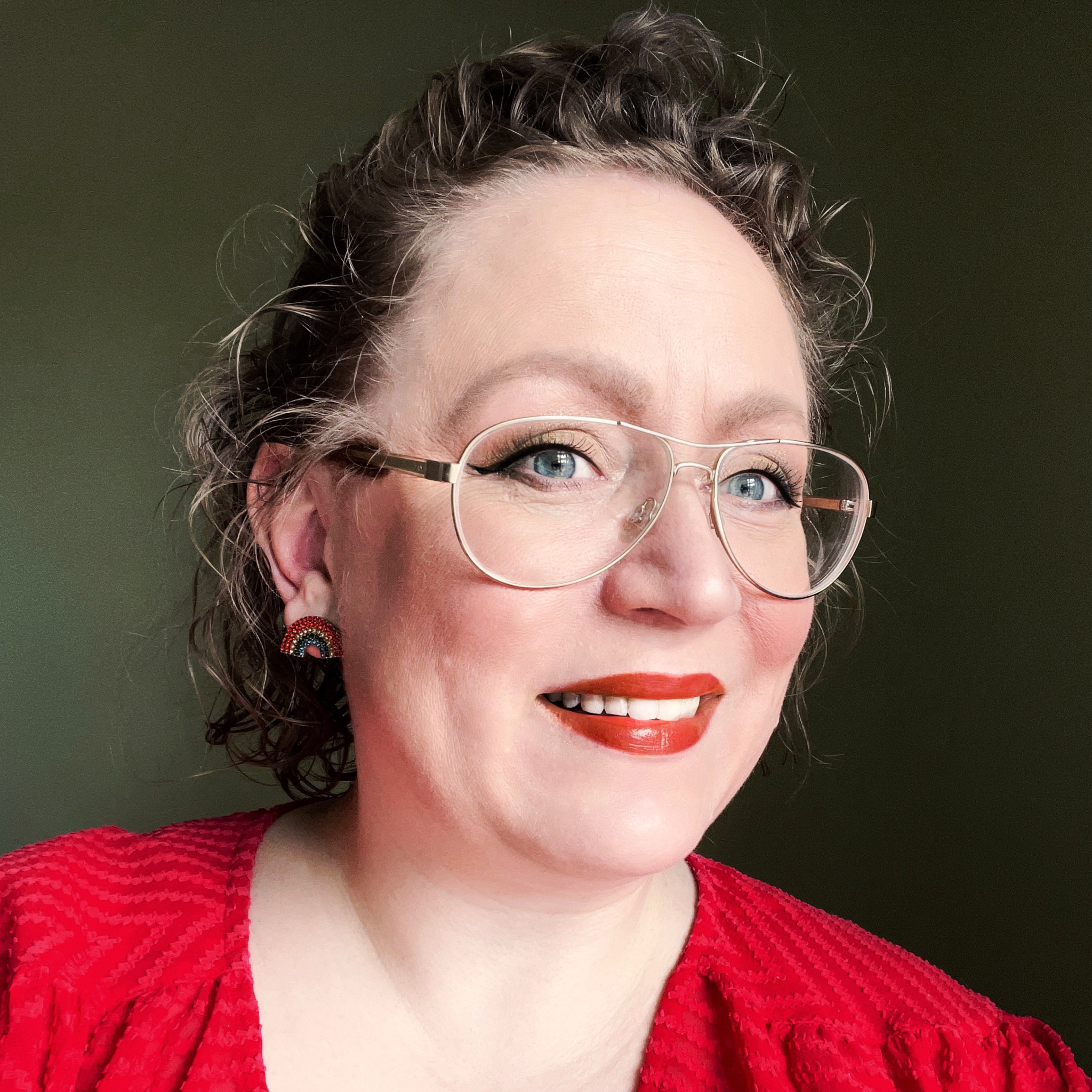Late diagnosed
Neurodivergent coping or why being diagnosed matters
By Camilla Asra Engelby

I was late diagnosed – at age 42 – as autistic and ADHD
Prior to receiving my late diagnosis I went through two prolonged episodes with stress and severe depression. But apart from one health professional not one of the many doctors, nurses and psychologists I met during my mental health journeys ever suspected that my struggles were connected to being neurodivergent.
Up until the moment when I first cracked, my entire life had been one massive sprint with me constantly trying to keep up with the world around me. A world where everyone else always seemed to be ten steps ahead of me. And no matter how much effort I put in. No matter how exhausted it made me. I could never keep up. And eventually I – unsurprisingly – hit the wall. Hard. Life threateningly hard. I was patched up and sent on my way. Only to crash even faster and harder a second time.
Someone finally saw me
And then something wonderful happened. Someone SAW me. Someone recognised that perhaps the cause of my depression and anxiety had a different underlying reason. She correctly deduced from our cognitive behavioural group therapy sessions that I might be neurodivergent. And after a one-on-one consultation she referred me to an in-depth assessment. And I am in no way exaggerating when I say that her vigilance and her actions saved my life.
The assessment consisted of several tests, and hours and hours of talking. After which a team of psychiatrists evaluated my case. At the end of it all I received my late diagnosis as autistic and and ADHD’er. And I finally understood why. Why I had struggled for so long. Why I couldn’t keep up. Why I had crashed. This was the start of a journey of gaining insights into myself. Of learning to recognise accommodations I need (something I’m still learning). But also learning that asking for those accommodations is absolutely valid.
I’m grateful to be late diagnosed, but …
And this is all great. Being diagnosed late is certainly better than not at all. Don’t get me wrong, it truly is. But it’s also bittersweet. I’m grateful for being seen. I’m elated to finally be diagnosed. I’m thankful that I’m in a position to ask for and receive reasonable accommodations. But it shouldn’t have happened so late. I shouldn’t have gone through my childhood, teenage years, and decades of adulthood tormented this way. It’s unfair. I’ve lost so much and I’ve paid such a steep price on so many levels. As a result of being late diagnosed I’m now part of the lost autistic generation. The story of my life could have ended much much darker. And sadly for many like me it does.
This part is hard for me to write. For a long time I was in denial and ashamed of having had these thoughts, but here goes. In my most darkest hours, I contemplated how to end it all. I just wanted for everything to disappear. I wanted to disappear. Not existing would be better than my existence. In the knowledge that even if I managed to get better, it wouldn’t be long before I’d crumble all over again. And I had no fight left in me. I was done.

Late diagnosis is great – early diagnosis is infinitely better
With my own experiences in mind I strongly feel that no one should ever have to endure this. No one should be made to suffer this way. Yet many female representing still fly under the radar when it comes to ADHD and autism, because the diagnostic criteria is designed with male representation in mind. Many are also wrongly diagnosed with other diagnoses such as clinical depression, schizophrenia, borderline or anxiety in some cases because some people – even among medical professionals – “feel” that too many are being diagnosed as neurodivergent nowadays – this is ableist and it absolutely needs to end. This kind of thinking is literally killing us.
Fortunately some of those who have previously been misdiagnosed are able to receive a late diagnoses for their condition. But it does make me wonder how many neurodivergents out there that may be suffering with a misdiagnosis and pointless medication for a mental illness they don’t actually have? But also how many of us that may have found solace in suicide?
Let’s nurture acceptance and inclusion
Many parents are also concerned that a diagnosis will label their children, as the parent of a neurodivergent child I’m all to familiar with that fear. But knowing what I know today, I’m happy that my child received his autism diagnosed at such a young age rather than having to endure what I endured until he would be able to receive a late diagnoses. Realistically most children will feel empowered in the knowledge that they’re not “wrong” just neurologically diverse. In fact a study has shown that those who are diagnosed while they’re young have a heightened quality of life and sense of well-being in adulthood – read more about that here.
Our current approach to neurodivergence is filled with misconceptions and simply not fit for purpose. We simply have to do better. We need to gain knowledge and insights so that we avoid too many being late diagnosed both by identifying neurodivergence during childhood, and by nurturing acceptance and inclusion in parents, pedagogues, teachers, health professionals, employers as well a in everyone else.
Privacy statement | Cookie policy | Disclaimer | Imprint | Copyright Camilla Asra Engelby
One Response
Hello,
So glad to find this blog!
I think your posts on Lk are fab and to the point <3
You did join ION I believe you said – yes I see you now 😉
So would you like to lead ION in Denmark?
Keep me posted